Menu
Close
You are currently on the:
Visit our provincial websites
Aging in Good Mental Health – Trainings for caregivers, volunteers and family members on Seniors’ Mental Health
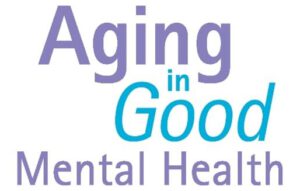
Target Audiences
We offer a series of practical support trainings for all who work with seniors: caregivers, volunteers and family caregivers.
Goal
The goal is to improve our understanding of seniors’ mental health in order to better intervene and interact with them.
Training courses
- 3 online trainings of 3 hours (to be pursued either continuously or separately)
- Theoretical content and practical advice
- Time for discussing and asking questions with instructor
- Checklist in digital format
Group Registration (5 to 20 people)
| For a single training |
|---|
| $500 |
Individual Registration (date not currently available)
| For a single training | For three trainings |
|---|---|
| wage earner: $100 caregiver, student and non-wage earner: $60 | wage earner: $280 caregiver, student and non-wage earner: $150 |
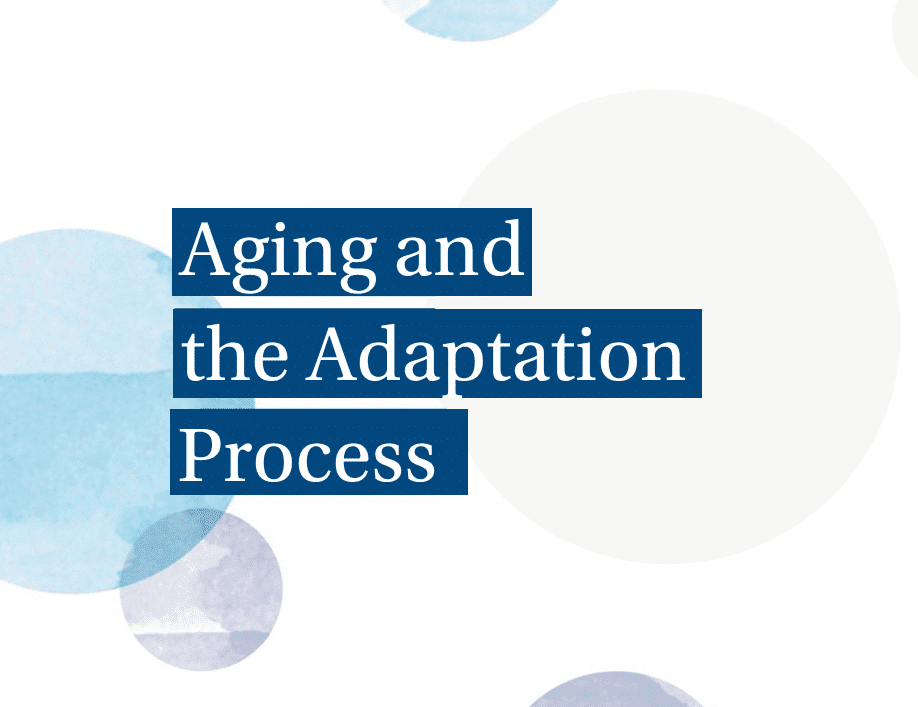
- Recognize the aging process, its link to mental health, and the heterogeneous reality of seniors
- Identify coping strategies that promote optimal aging
- Better understanding of strategies to support seniors and their mental health
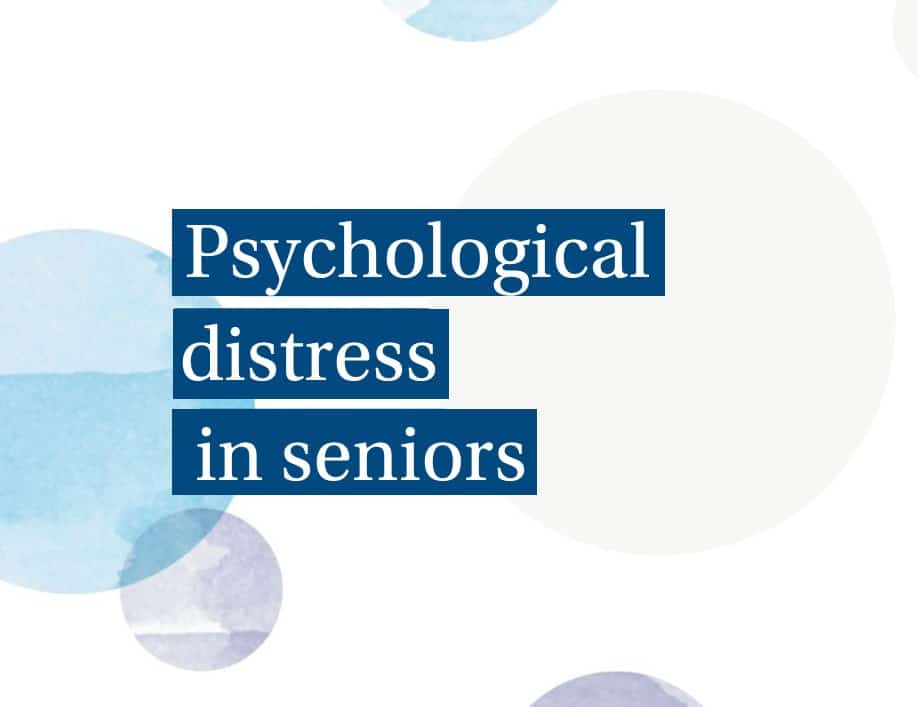
- Understand and acknowledge psychological distress in seniors
- Develop a method of communication that fosters well-being, respect, and kindness
for seniors - Know how to share information with a specialist if needed
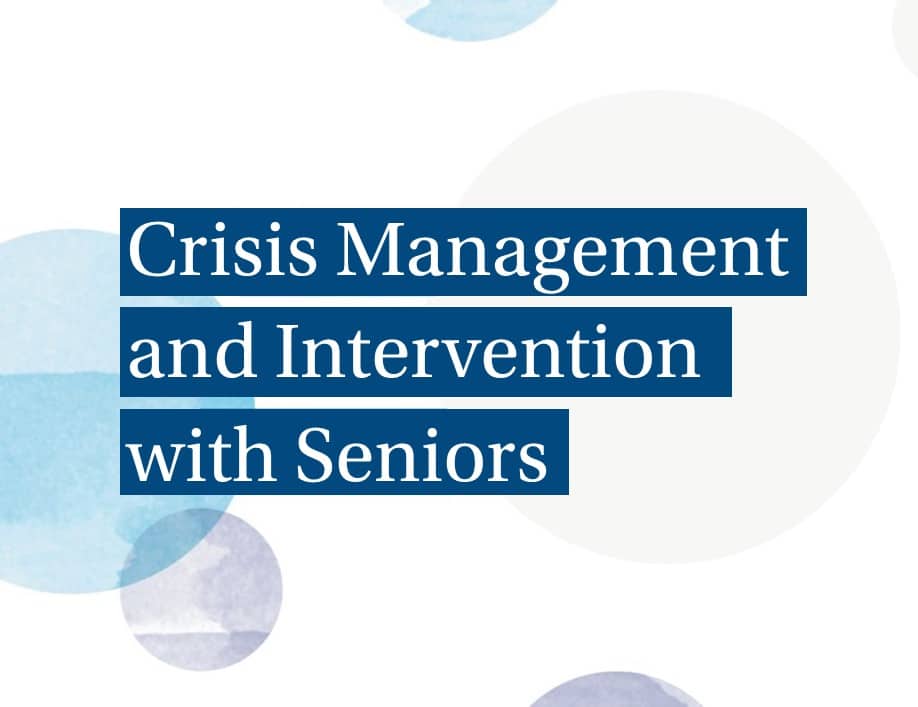
- Identify and understand crisis
- Discuss avenues for intervention
- Learn to defuse the crisis
If you are interested in these trainings and would like to offer them to your work team or to a group of volunteers or caregivers, register here and one of our team members will contact you shortly.
Intervention Guide – Aging in Good Mental Health
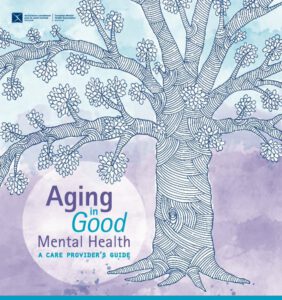
The Aging in Good Mental Health intervention guide is a reference, support and prevention tool intended for people working with seniors, whether or not they specialize in mental health.
In general, it proposes a reflection on attitudes, perceptions and prejudices towards seniors, benchmarks to allow for a better understanding of aging that promotes respectful communication, and concrete ways to improve interventions in order to best help the people that caregivers meet in their daily practice.